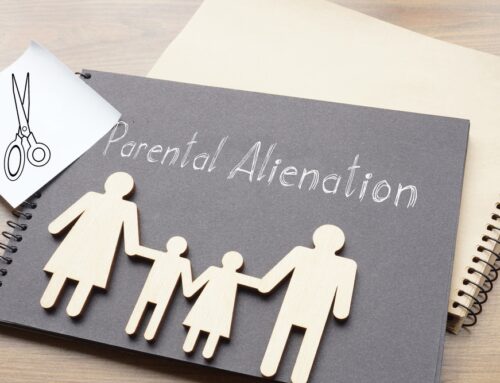Some people see the English court system as a fair method of dividing assets and income for any couple that are asking for assistance. Likewise, many people see the English system as frustrating and bewildering.
There is a reason for the extreme reactions because, unlike many other countries, the English system is discretionary and based on the all the facts of the particular case.
When settling a divorce, the courts will look at:
1. The welfare of any children under 18. This is the court’s paramount concern.
2. The income and earning capacity of the couple.
3. Their assets (e.g. houses, savings, investments, businesses, etc).
4. Their needs and obligations.
5. The standard of living during the marriage.
6. The ages of the couple and the length of marriage
7. Any physical and mental disability.
8. The contributions of each of the couple to the welfare of the family
9. The conduct of the parties.
10. Whether any pension rights will be lost by either of the couple as a result of the divorce.
Over the years the courts have given some guidance about how to apply these various factors in particular cases. As a result some principles have emerged which help lawyers advice their clients. The most important of these are fairness and needs.
Needs
This will have the greatest impact on the outcome of the divorce. Probably the most important thing for the judge is to make a decision that will meet the respective needs of the separating couple. Obviously the children’s needs are prioritised.
What the court will be trying to want to see is an arrangement where (if possible):
• There is appropriate housing for each of the parts of the family, offering at least one secure home for the children (Preferably 2, one with each parent)
• There is sufficient money to pay for the outgoings of each of those two households
• There is some provision being made for the later retirement of the parties.
Fairness
The courts have insisted that the focus should be achieving fairness. However, fairness is a very broad concept. People often think that equality and fairness are the same. Often they are but not always – for example, one person may have inherited the bulk of the wealth that is available or one person may have needs that are more pressing than the other person’s.
Although reported cases are helpful, no two cases are the same and so it is very difficult for lawyers to advice with complete accuracy on the likely outcome if your case goes to court. At best your lawyers will be able to advice on the range of likely outcomes.




